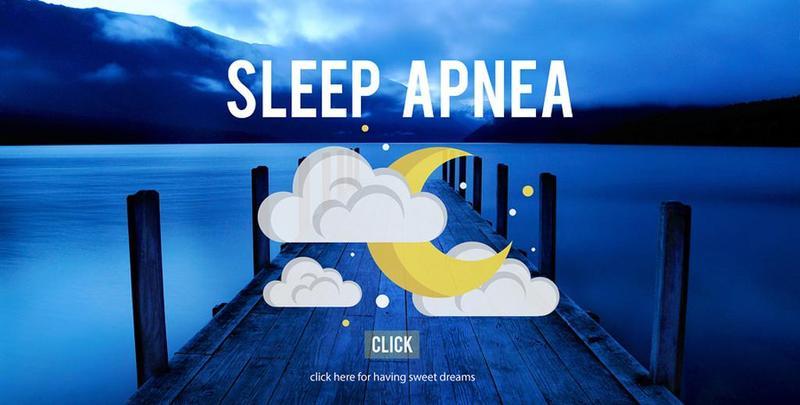Decrease the Symptoms of Sleep Apnea
Decrease the Symptoms of Sleep Apnea

New research is showing that exercise not only helps the quality of our sleep, but it can improve conditions such as obstructive sleep apnea, or OSA.
What is OSA?
Obstructive sleep apnea is a condition where a person’s breathing frequently pauses during sleep. One of the most noticeable sign of OSA is snoring. Other signs and symptoms of OSA are:
Excessive daytime fatigue and sleepiness
Observed episodes of breathing cessation during sleep
Abrupt awakenings accompanied by shortness of breath
Awakening with a dry mouth or sore throat
Awakening with chest pain
Sudden waking with gasping for breath
Morning headache
Difficulty concentrating during the day
Experiencing mood changes, such as depression or irritability
Difficulty staying asleep (insomnia)
There is a growing body of information about the negative effects that poor sleep has on our health. Research done by scientists at the University of Wisconsin-Madison School of Medicine and Public Health over an 18-year-period uncovered an alarming connection between sleep apnea, hypertension, stroke and depression. The study identified that people with severe untreated sleep apnea have as much as five times more risk of cardiovascular death.
The good news is that exercise can have a positive impact on sleep, including those with sleep apnea. A 2014 meta-analysis published the journal Lung found that exercise, including aerobic exercise and strength training at varying degrees of intensity and frequency, has a significant effect on reducing the severity of sleep apnea in patients with minimal changes in body weight. The study also reports the significant effects of exercise on cardiorespiratory fitness, daytime sleepiness, and sleep efficiency, all which can help in the management of OSA.
A 2016 meta-analysis by Dr. Martina Mookadam and colleagues at the Mayo Clinic School of Medicine also confirms that exercise on its own improved clinical outcomes in patients with OSA. Researchers found that patients AHI (Apnea Hypopnea Index), which is the number of pauses in breathing, decreased with all types of exercise, exercise duration, intensity and frequency.
Even if you don’t suffer from sleep apnea, exercise combined with other stress management techniques can lower your stress levels and improve your overall sleep in general. There are still some important guidelines that will help you optimize the best times for exercise, and how to work with other stress management techniques. (See Ornish Living articles, How to Get Your Most Restful Night’s Sleep and Tips for a Good Night’s Sleep)
Since exercise releases stress hormones, if done too close to bedtime, it can have the opposite effect and disrupt your ability to fall asleep or sleep well. If you know exercise and activity will keep you awake, make sure to exercise several hours before going to bed.
Avoid caffeine and sugary drinks, such as some sports drinks, before bed. This would include during or after exercise later in the evening.
Have a consistent time for both sleep and exercise. Your body will appreciate the schedule and respond more consistently.
I’ve found that practicing meditation and yoga after an exercise session, even for 10 minutes, helps me to come down from the exercise high caused by endorphins and stress hormones released during exercise.
Drink plenty of water, but don’t overdo it. You don’t want your sleep disturbed during the night due to thirst or the need to use the restroom. Experiment with the right amount of fluids you need as you approach your bed time.
Maintain the use of any breathing devices prescribed to you for sleep apnea. Not only do they help you sleep, they help you feel more rested during the day, which may lead to more energy and better exercise.
So the basic take-away: any exercise is good exercise for sleep because it helps to burn off energy. Aerobic exercises like walking, cycling or swimming are particularly good because there are many more benefits received compared to resistance training. As always, prior to starting a new exercise program please discuss your intentions with your physician. He or she may have very good input related to exercise and sleep, and support you in ways to further improve your fitness routine and get a better night’s sleep.
by Ornish Living For The Huffington Post
Be the first to post a message!